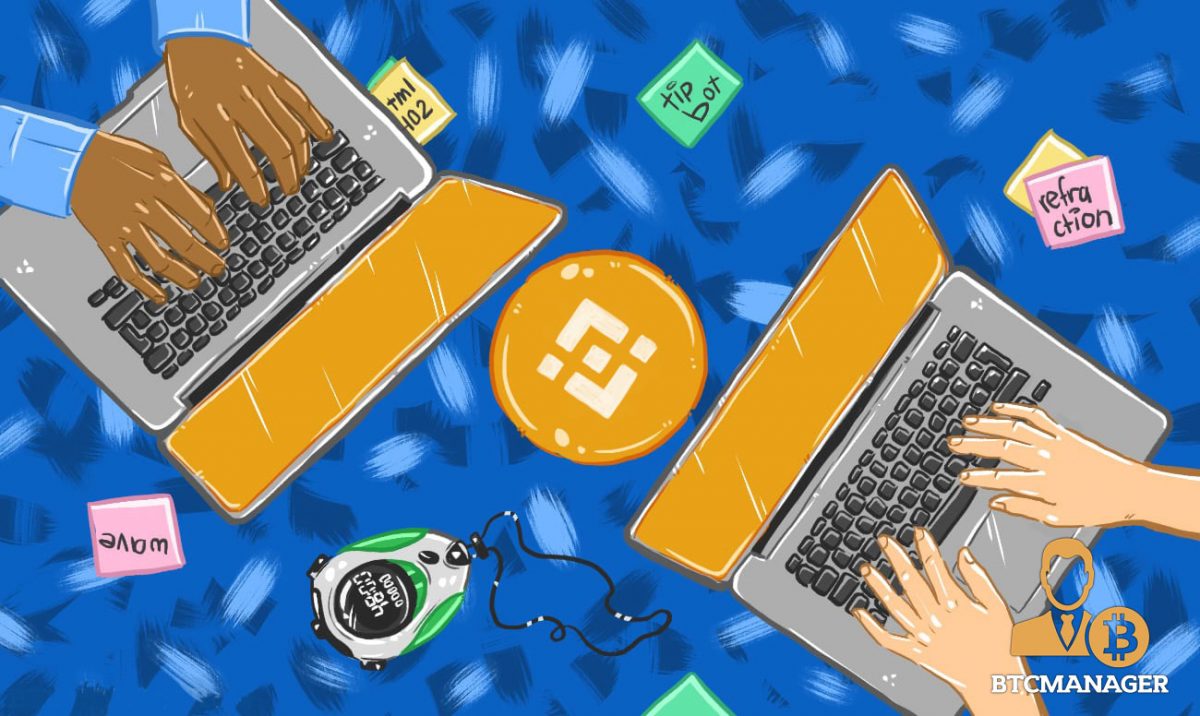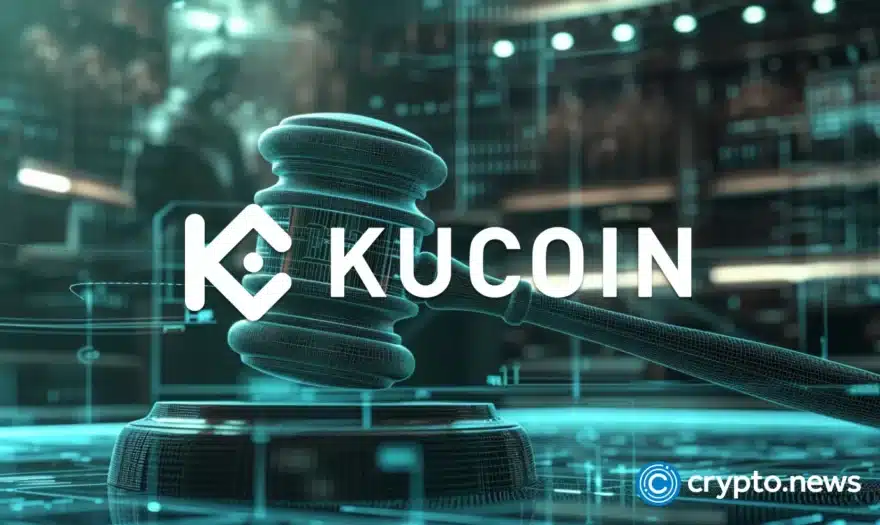Binance to Hold $1 Million Dexathon For Decentralized Exchange

Hackathons existed long before the emergence of cryptocurrencies and blockchain technology. They typically were events of varying duration where tech minds gathered around to brainstorm ideas and proffer solutions to nagging issues in their industries. However, like almost everything in the world of tech and finance, blockchain technology is causing a revolution.
A Growing Trend: Collaborative Problem-Solving
There has been an explosion of blockchain hackathons within the past two years. Many have been in the form of contests that invite individuals or teams to participate in developing cutting-edge blockchain technology solutions.
BTCManager has previously reported on blockchain hackathons organized by Coinbase, Hyperledger, B2X, and IIT Kharagpur, one of the leading technical institutions in India.
Binance, the cryptocurrency exchange platform giant is set to become the next blockchain enterprise to organize a hackathon. This development was made known via a post on the company’s Medium account on March 16, 2018. The hackathon, dubbed the Binance Dexathon, aims to facilitate the development of the company’s own decentralized exchange (DEX) platform for cryptocurrency trading.
#Binance Dexathon#Decentralized Exchange #Coding #Competitionhttps://t.co/tRO3TIrxrY
— Binance (@binance) March 16, 2018
Binance already runs one of the largest centralized cryptocurrency exchange platforms in the world. Now they’re looking to develop a stronger relationship the crypto community at large.
Details of the Dexathon
The Binance Dexathon is primarily a coding competition which seeks to encourage talented programmers and blockchain specialists to submit implementation protocols that would enable the creation of a fully functioning DEX. The total prize money for the hackathon is $1 million to be paid in BNB tokens, the native cryptocurrency of the Binance crypto exchange platform.
In its bid to build a robust-functioning DEX platform, the company is adopting an “all-hands-on-deck” approach by soliciting and accepting external prototypes to complement the internal R&D being done at the company. While announcing the Dexathon, the company detailed a number of relevant parameters that the DEX prototype must possess. Many of these parameters were based on the core issues that have been affecting the functionality of already existing DEX platforms.
To those looking to participate in the Dexathon, the company has said that they should put more focus on simplicity and speed, rather than on fancy features that can hinder user experience. The prospective participants have also been asked to develop their protocol implementations without using virtual machines, Turing complete programming languages, and smart contracts.
Participants can choose to create their protocol implementations from scratch or fork an existing blockchain implementation and add in the necessary modifications. Participants that decide to take the fork route must ensure that they are not in violation of any copyright or licensing laws.
DEX Implementation
It is expedient to point out that are some DEX platforms that already exist. However, the overwhelming consensus is that these platforms are difficult to use when compared to their centralized counterparts. Issues relating to limited liquidity, lack of intuitive systems, and order books that don’t include a wide variety of digital assets have hampered the popularity of many DEX platforms.
Despite these issues, there is still a great deal of effort being put into developing fully functional DEX platforms. This focus is because Binance, Coinbase, Kraken and the other popular cryptocurrency exchange platforms are all centralized. The centralization of exchanges means that traders/investors have to entrust their funds, crypto, and fiat, to third-party intermediaries in order to trade digital assets, coins, or tokens. This irony is in stark contrast to the underlying philosophy of the blockchain, which seeks to eliminate intermediaries from commerce.
There is also the issue of centralized exchanges being vulnerable to hacking as has been seen in a number of high-profile cryptocurrency hacks. The DEX platform is thought to offer more robust security options.
Bitcoin is the most secure financial network on the planet. But its centralized peripheral companies are among the most insecure. pic.twitter.com/0rxLtXscNJ
— Nick Szabo (@NickSzabo4) June 18, 2017
Interested participants in the Binance Dexathon have until June 30, 2018, to submit their entries. Teams who submit before the deadline can continue to modify their submission up until the competition’s deadline. Binance may also offer member(s) of the winning team(s) employment. University teams are also encouraged to apply as any qualifying university team will be given a $10,000 grant regardless of whether they win an award during the competition or not.













